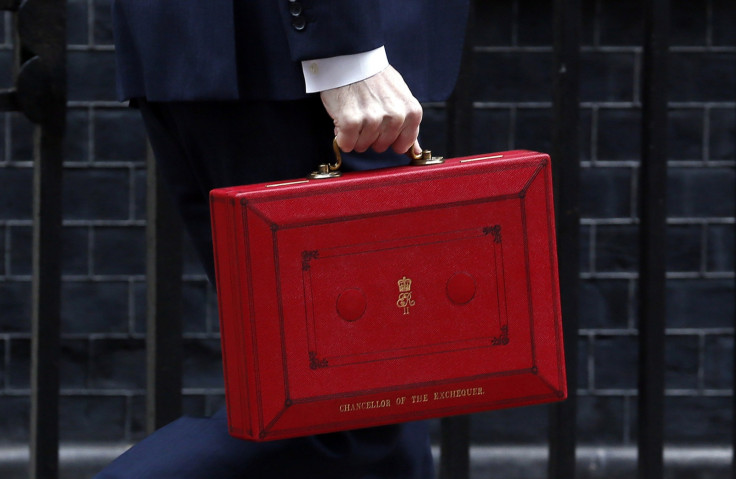UK Government Faces £16.5bn Benefits and Tax Credits Savings Gap, Warns Institute for Fiscal Studies

The UK government's reforms to benefits and tax credits will come up £16.5bn short in savings, according to the Institute for Fiscal Studies (IFS).
The study found that the changes, which were expected to save £19bn ($29bn, €23bn) in 2014/15 when compared to 2010/11, will only save £2.5bn after adjusting for Consumer Price Index (CPI) inflation
The analysis, which used Department for Work and Pensions (DWP) data, outlined that higher spending on pensioner benefits was one of the factors behind the estimated £16.5bn spending gap.
The IFS said that combined spending on state pensions, pension credit, and universal pensioner benefits such as the winter fuel payment will be £5bn higher in 2014/15 than in 2010/11.
The report said that all of that increase is explained by the rising cost of state pensions.
"To some extent this reflects an ageing population, with the number getting the state pension up 400,000 over the period," said Andrew Hood, a research economist at the IFS.
"But it is mostly the result of higher spending per pensioner, with each recipient getting nearly £500 a year more on average.
"This was, for the most part, planned – as each new cohort of pensioners retire, they benefit from past decisions giving them more generous entitlements than previous generations."
The study will be a blow for the Chancellor George Osborne ahead of his Autumn Statement in December and as the Prime Minister warns of a second financial crisis.
Elsewhere, research from the Labour Party the Coalition Government will overspend by £25bn on welfare benefits.
The Shadow Chancellor Ed Balls, who analysed figures from the House of Commons Library, found that total benefits expenditure across the parliament (between May 2010 and May 2015) is set to be £807bn.
This was forecast to be £782bn in Autumn 2010.
© Copyright IBTimes 2025. All rights reserved.






















